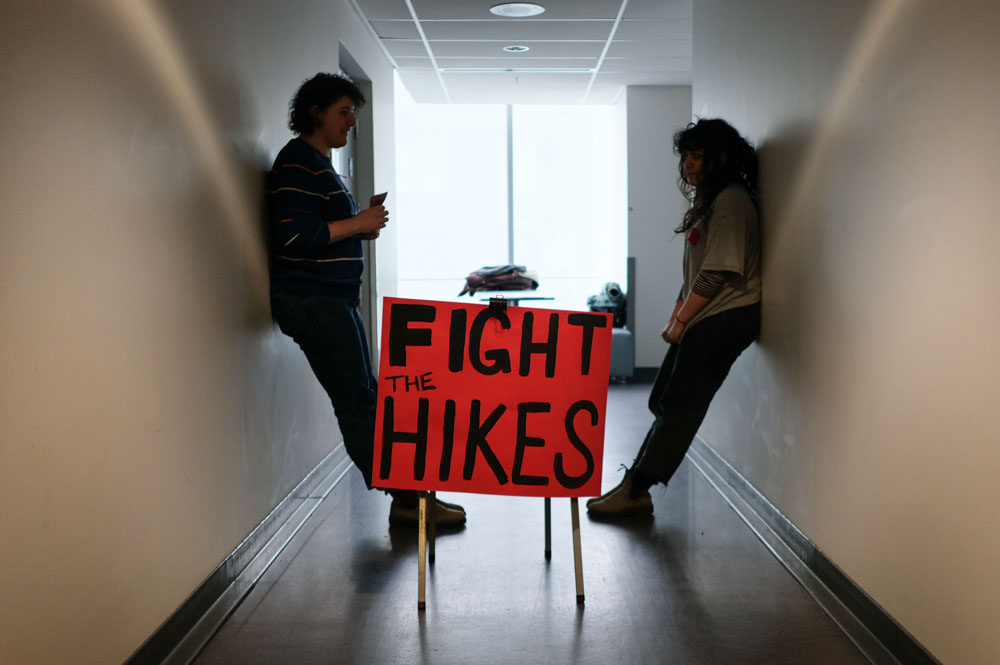Don’t cross picket lines.
February started off strong at Concordia with the three-day strike from Jan. 31 to Feb. 2. In total, over 10,000 students were on strike—a dramatic increase from the 6,000 I’d initially reported, as many departments voted at the last minute to strike.
For those who participated in picketing efforts, the university was a whirlwind of activity. Though many classes were canceled in solidarity with the strike, others insisted on ‘business as usual’. To enforce the strike, student volunteers stationed outside classes to create blockades and discuss with students and professors who attempted to cross the lines. In these interactions, many questions arose.
Why don’t you picket outside Legault’s house? This sentiment was expressed by those who questioned the efficacy of striking within the university. While it is true that Concordia is not to blame for the tuition hikes, many have expressed the desire for the administration to fight harder. This sentiment is exacerbated by Concordia’s recent announcement of a bursary program for out-of-province students based on academic achievement, which provides a mere Band-Aid solution (and is based on an unfair meritocracy).
In addition to putting pressure on the administration, the strike sought to increase visibility for the movement against tuition hikes and to gather momentum toward the threat of a general unlimited strike. A larger-scale strike would apply great economic pressure on the Quebec government and hopefully force the students’ demands to be heard.
For the strikes to be fully effective, however, wide-spread involvement and solidarity is essential. This was sometimes an issue, as certain professors encouraged students to cross picket lines or attend class online. To cross a picket line disregards the democratic decision of the student body to go on strike. We should all be united for the common cause of advocating for accessible education—students and faculty alike.
Though obstacles were encountered, I would argue the strike was widely successful. Classes were disrupted, meaningful discussions took place, and many more people are now aware of the strikes and what they represent. The dedication of student volunteers was commendable, and it was especially inspiring to see those who were not even striking show solidarity. Many faculty members expressed their support, and MFA students were particularly kind. (Shout-out to the snack station that was set up in the MFA gallery for picketers at the VA building.)
The 7th floor of Hall Building and the EV Junction, which served as dispatch stations for picketers, created a lively atmosphere in the university and provided a chance to meet people and recuperate. Various workshops including a film screening and zine-making took place, giving students a chance to redirect their energy and make connections.
The feeling of success that has followed the strike is heartening, but also serves as a reminder that there is still work to be done. Stay updated on future actions such as general assemblies and ongoing mobilization efforts. It’s important to get as many students as engaged as possible to reach our goal. The fight for accessible education is for everyone—as such, we need everyone’s help.
